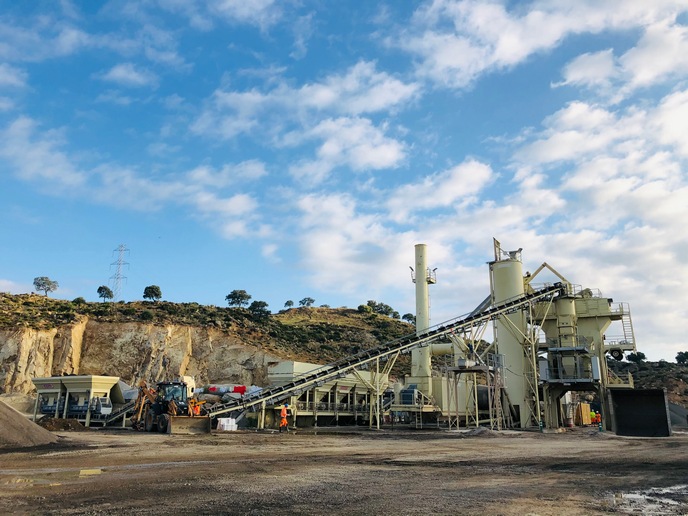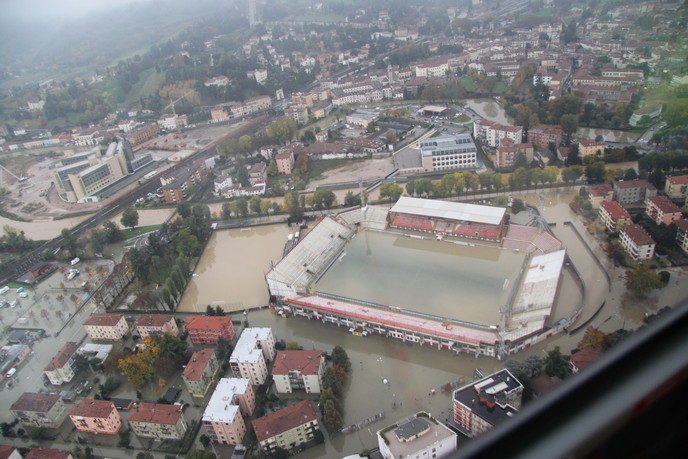Transforming the process industry with four levels of automation
Digitisation can enhance the sustainability of process industries by enabling the processes to produce more with less – less energy and materials, the latter by minimising waste. This translates into a smaller carbon footprint. Nowhere is this more important than in energy-intensive industries (EIIs). The EU-funded CAPRI project delivered a cognitive automation platform that accomplishes this while improving quality, flexibility and performance. The solutions were demonstrated in three diverse applications comprising asphalt, steel and pharmaceuticals.
Digital transformation enabled by cognitive solutions
According to project coordinator Cristina Vega of CARTIF Technology Center: “We developed sensors for measuring the properties of raw materials, intermediates and final products like dust flow or scale in steel. Cognitive planning tools enabled efficient allocation of resources. Advanced control algorithms were designed to save energy or maintain the quality of a key parameter of an active pharmaceutical ingredient.” CAPRI’s cognitive automation platform integrated all of the technical solutions. It was built on a reference architecture leveraging machine learning and cognitive human-machine interaction consisting of Internet-of-Things connections, AI-based decision support, smart events processing and knowledge data models. These tools coordinate cognitive automation on four levels: planning, sensors, control and operation.
Modular, scalable, open-source platform expands impact
The platform and tools are modular and scalable, enabling a tailor-made cognitive automation platform for various use cases. Vega stresses “the importance of developing solutions the factory workers need, including the flexibility to adapt the solutions to real environments. This guarantees that they will use them.” In addition, the cognitive automation platform was developed with the open-source FIWARE framework to achieve the FAIR principles of findability, accessibility, interoperability and reusability. This will facilitate use with other software and in webinars and training programmes beyond CAPRI’s end, to nurture a mindset of cognitive and smart technologies implementation in researchers and practitioners.
Demonstrable success in diverse industries
Overall, eight cognitive sensors were developed for the three use cases along with cognitive planning, control and operations solutions. The tailored implementations enabled all three EIIs to reduce energy consumption and related emissions. For example, in the asphalt use case, the manufacturer was able to determine the composition of the mixture in real time – critical data that enabled it to eliminate the heating of materials it could not use in the end. In pharma and steel, the manufacturers were able to detect problems with the product early in the process rather than at the end, reducing materials waste and energy consumption. In all three use cases, product quality was improved. The impact was particularly significant in the asphalt and pharma cases with the end users stating: “We can no longer imagine working without the solutions implemented in the project.” CAPRI’s modular, scalable, open-source platform for cognitive automation will support EIIs in their digital transformation. Easily modified for application in a plethora of industries, its adoption promises to significantly reduce industry’s carbon footprint while enhancing product quality – supporting both European energy and climate goals and the EU economy.
Keywords
CAPRI, automation, energy, pharma, sensors, steel, asphalt, digital transformation, AI, energy-intensive industries, process industries







